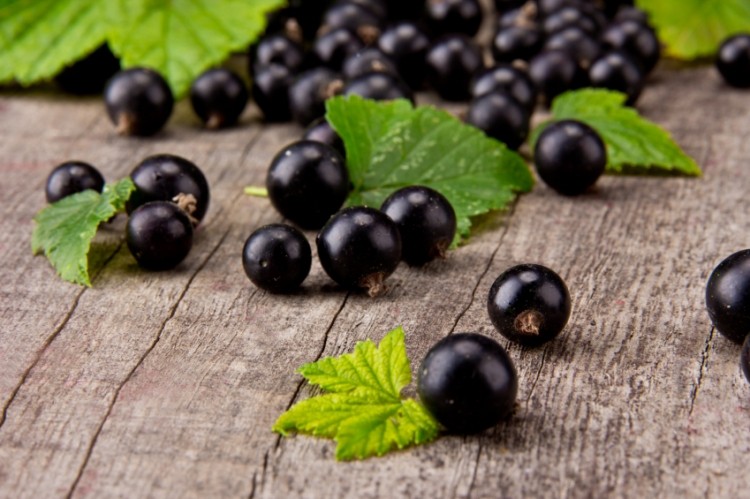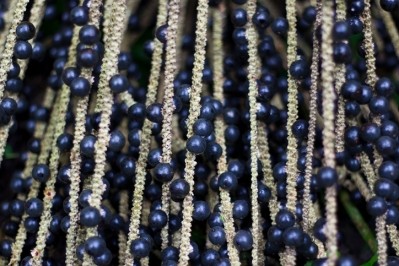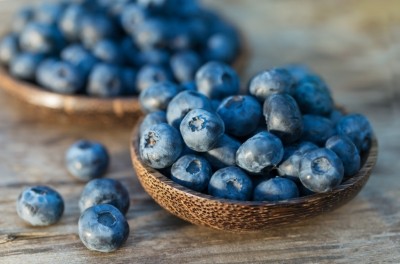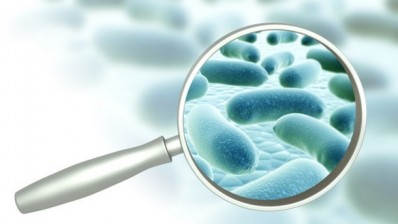Dispatches from Experimental Biology 2017
Anthocyanin-prebiotic blend shows gut health benefits for obese: Nu Skin study

Eight weeks of supplementation with the anthocyanin-prebiotic blend resulted in significant decrease in the phylum Firmicutes, a significant increase in the phylum Bacteroidetes, and a significant decrease in the ratio of Firmicutes to Bacteroidetes.
The Firmicutes/Bacteroidetes ratio is reportedly a good biomarker for obesity, with data from a 2005 study by Jeffrey Gordon and his group at Washington University in St. Louis indicating that obese mice had lower levels of Bacteroidetes and higher levels of Firmicutes, compared with lean mice.
“We found that consumption of a supplement containing a blend of anthocyanins and prebiotics positively modulated the intestinal ecosystem, including the microbiome, and provided insights into the mechanisms of action of the anthocyanin prebiotic formulation and its impact on health benefits,” wrote scientists from Nu Skin Enterprises and KGK Synergize.
Study details
The researchers recruited 51 healthy but obese men and women aged between 20 and 60 to participate in their open-label single-cohort study. All participants underwent an initial four week period to limit their consumption of anthocyanin-rich foods and prebiotic supplements before receiving the anthocyanin-prebiotic supplements for eight weeks.
The supplement was formulated with 215 anthocyanins from black rice, black currant, and blueberry extracts and a blend of inulin (1.9 grams, Orafti GR by Beneo) and fructooligosaccharides (1.1 grams, NutraFlora by Ingredion).
Compared to data obtained at the start of the study (baseline), results obtained after eight weeks showed significant changes to the intestinal environment, with significant reduction in levels of the phylum Firmicutes and Actinobacteria, and increases in Bacteroidetes.
The decrease in the ratio of Firmicutes to Bacteroidetes shifted the profile to be similar to lean individuals, said the researchers.
In addition, significant decreases in bloating, gas, and abdominal pain were reported by the participants, while scores on the Bristol Stool Form Scale significantly improved.
“The supplement was found to be safe and well tolerated based on vital signs and blood parameters,” added the researchers.
Source: FASEB Journal
April 2017 31:lb398
“Anthocyanin and Prebiotic Impact on Intestinal Environment in Obese Male and Female Subjects”
Authors: S.N. Hester, et al.







